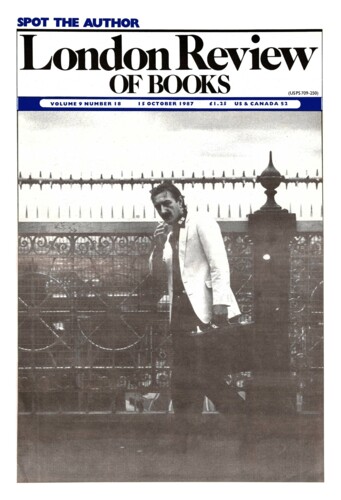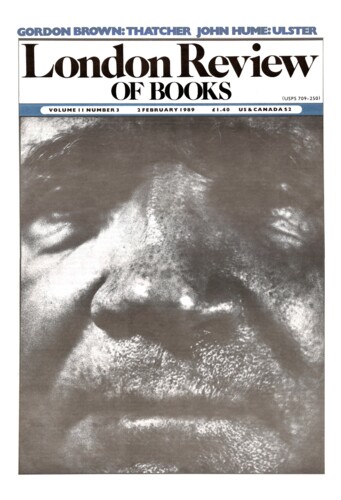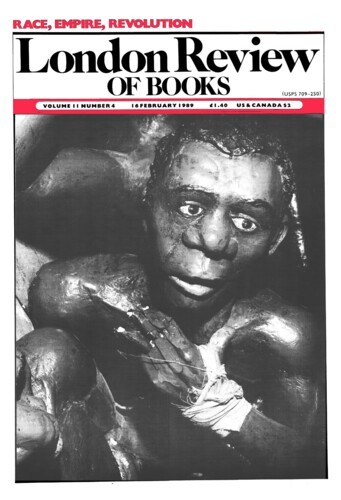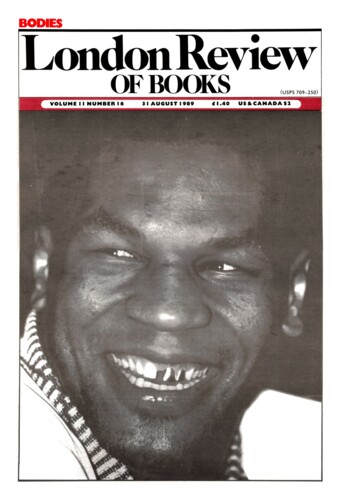Eritrean Revolution
Jeremy Harding, 15 October 1987
When the Emperor Haile Selassie was removed from the palace in Addis Ababa 13 years ago, the Ethiopian revolutionaries chose to drive him away in a Volkswagen. It was in some sense an eye for an eye – a humiliation of the man whose lavish style at court, maintained while thousands of peasants died in the famine of the early Seventies, had shamed the country. It was also a gesture of studied indifference. Henceforth it was of no concern what clothes the Emperor might or might not be wearing. The new regime would be pursuing a tough Marxist agenda in which the King of Kings had no place beside the agricultural collective, the village assembly and the literacy campaign.





